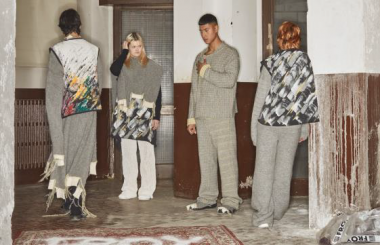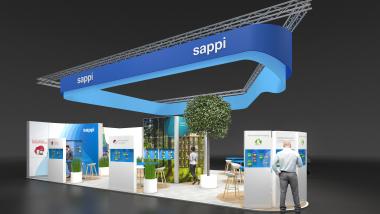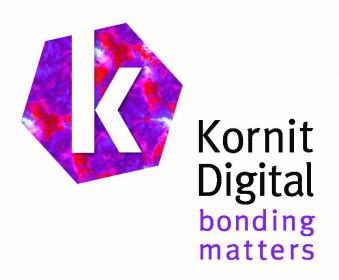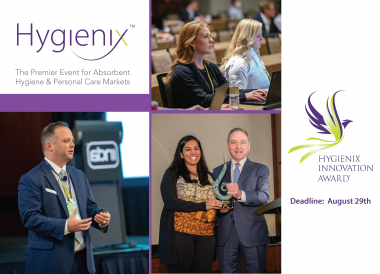FROY wins C.L.A.S.S. ICON 2022
C.L.A.S.S. Eco Hub has selected the winner of C.L.A.S.S. ICON Award 2022, the annual contest with the aim of sponsoring a visionary creative who is able to combine design, responsibility, innovation and communication. Receiving the third edition of the eye-turning award is FROY Club, an experimental and responsible fashion project born in 2018 by designer Arman Avetikyan.
Froy is rooted in Armenian culture and by mixes high quality materials and yarns. Working with a sustainable ethic, Froy reconciles traditional know how and innovative techniques to create hybrid, versatile and speaking surfaces. The brand uses Italian certified fabrics and yarns that meet European standards, selecting natural materials to create high-quality products with a circular life. Froy also chooses GOTS, FSC and OEKO-TEX certified fabrics and yarns in order to support a clear production chain.
By receiving two thousand euros for sourcing purposes, smart consultancy support and communication aid from the C.L.A.S.S. team, plus assistance to the brand in commercial activities, a physical stand in the WHITE Show and a dedicated brand page on Renoon powered by C.L.A.S.S. partners; Froy will have the opportunity to upgrade its efforts in terms of responsibility and innovation, while sharing its conscious vision and values with a wider audience. Moreover, the Italian brand with Armenian roots will become part of the C.L.A.S.S. ICON community, joining past winners such as the high fashion Italian designer Gilberto Calzolari and the Portuguese streetwear brand Duarte
C.L.A.S.S.































